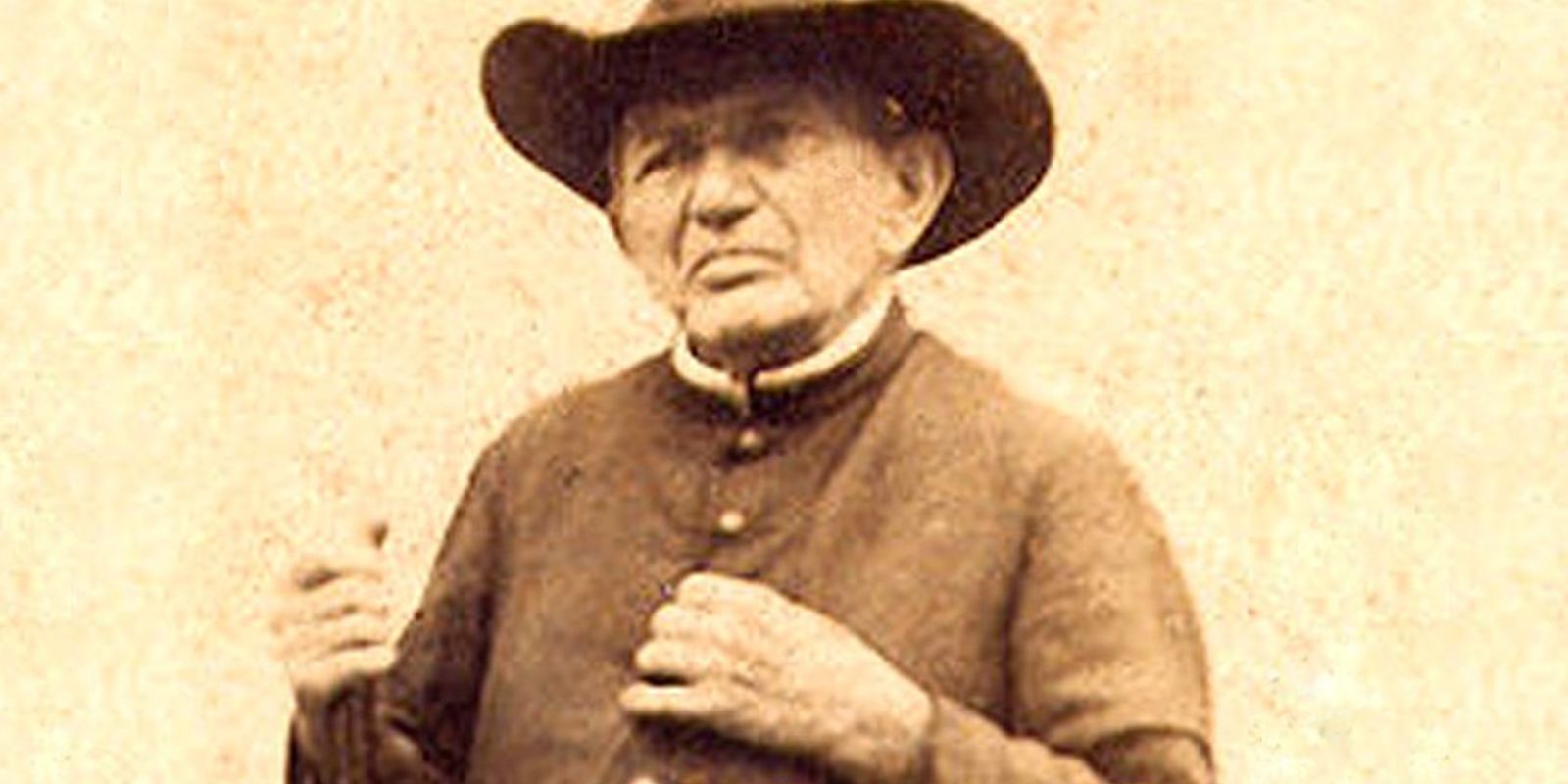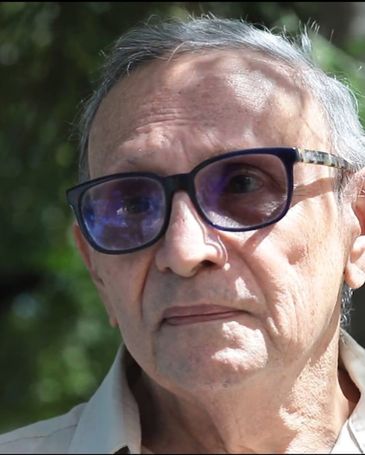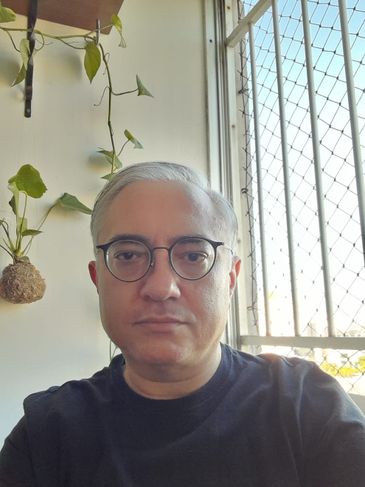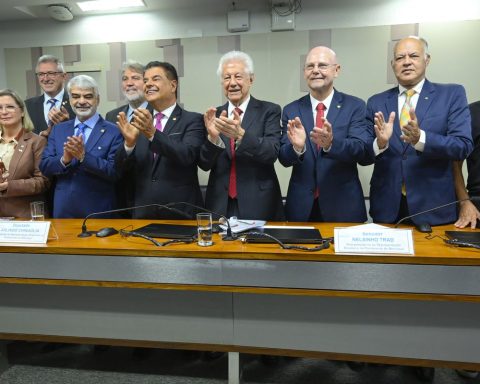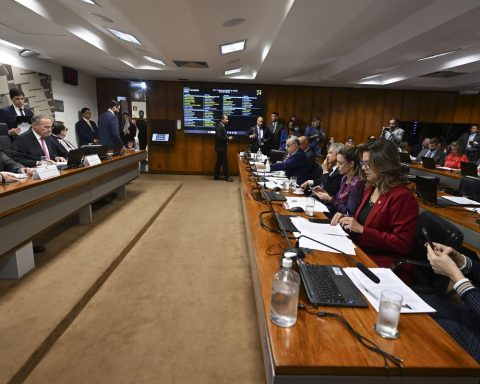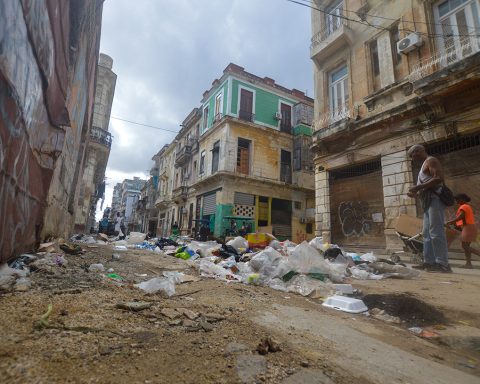Miracles, war and politics marked the life of Father Cícero Romão, considered one of the most important figures in the history of Brazil. This Saturday (20) marks the 90th anniversary of the death of the priest, who still today mobilizes hundreds of thousands of people to Juazeiro do Norte (CE) every year.
Born in 1844, in Crato (CE), in the hinterlands of Ceará, Father Cícero (better known as Padim Ciço) is considered a saint by a multitude of devotees and Juazeiro do Norte is considered a sacred place.
Cook and seamstress Marinez Pereira do Nascimento, 58, who is a teacher of popular culture, spoke about her devotion to Padre Cícero and Maria de Araújo, the blessed woman who was involved in the famous miracles of the hosts.
“My lyrics [de músicas de coco] “They talk a lot about Father Cicero because, for me, he is a saint. Father Cicero came to transform Juazeiro. He is an envoy of God to the Cariri region. If it weren’t for Father Cicero, Juazeiro wouldn’t exist, there wouldn’t be a pilgrimage. Blessed Maria de Araújo, for me, plays and played the same role as Our Lady,” he explained.
The sanctification given by the people to Father Cícero and Maria do Araújo has its origins in the so-called miracles of the hosts. It is said that the hosts administered by the Father turned to blood in the mouth of the blessed Maria de Araújo.
The supposed miracle – rejected by the Catholic Church, which went so far as to excommunicate the priest and prohibit him from holding masses – brought crowds to Juazeiro, creating one of the largest popular and religious movements in the country’s history.
From religion to politics
Historian and professor Régis Lopes, from the Federal University of Ceará (UFC), highlights that through religious work, Father Cícero became an important politician of his time.
“Politics is a consequence of religion. The prestige he has in relation to devotees, the news about miracles and all this repercussion that will clash with the Church and in tune with these backlands traditions transforms Father Cícero into a living saint. So, everything stems from that. His political prestige comes from that,” he explained.
The religious man was mayor of Juazeiro for successive terms, even occupying the position of vice-governor of Ceará.
Wrong view
The son of pilgrims, professor, writer and memoirist Renato Dantas, 75, criticizes the view that he considers mistaken by part of academia and intellectuals of Juazeiro and the pilgrims, often portrayed as “fanatics”.
“I began to study to find out to what extent we could be fanatics or keepers of a memory of popular religiosity. I came to the conclusion that Juazeiro is the repository of this memory and that pilgrims consider this a sacred space,” he explained.
For the Juazeirense, the dream that Father Cícero would have had – in which Jesus would have instructed him to “take care” of those people – the miracles of the hosts and the 1914 war in Ceará are the three elements that build this religiosity.
“The way Juazeiro was built in this sacred place was a dream, a miracle and a war. For me, these are the three aspects that consolidate Father Cícero’s position in Juazeiro, and the pilgrims’ understanding of Juazeiro,” argued Dantas.
Juazeiro Revolt
In 1914, the so-called Juazeiro Revolt or Sedition took place. The government of Ceará ordered the city to be surrounded in an attempt to dismantle the power that Father Cícero exercised in the region. The armed resistance of the people managed not only to break the siege, but also to march to Fortaleza and overthrow the local government of Franco Rabelo.
“The fact is that Juazeiro only manages to revolt because of the power of Father Cícero’s attraction in Juazeiro. He really calls people to defend Juazeiro. If there hadn’t been this prestige, nothing would have happened because Juazeiro was a small city, there was no way to build a battalion,” said Professor Régis Lopes.
Years earlier, in 1911, Father Cícero’s actions led to the political autonomy of Juazeiro do Norte, which until then had been a district of Crato. Despite his political involvement, historian Régis Lopes says that the priest dedicated his time and energy to religious issues, leaving political negotiations to his ally Floro Bartolomeu.
“For many people, Floro was the mayor of Juazeiro because in practice he was the one who actually did this coordination. Father Cícero’s concerns were different. Father Cícero’s written documentation shows that his life, his passion, was related to being a priest of the Church,” added the historian.
popular saint
Padim Ciço died having broken ties with the Vatican. In 2015, the Church reconciled with the religious man and, in 2022, the beginning of the process for his beatification. In October 2023, Father Cicero was included in the Book of Heroes and Heroines of the Homeland of Brazil by Law sanctioned by President Luís Inácio Lula da Silva.
Historian Régis Lopes, from UFC, argued that, from a sociological point of view, Father Cícero is a saint, even though he is not officially recognized by the Vatican. “A saint only exists if he has devotees. This is the basic logic of any pilgrimage. There must be a social base that builds this idea of holiness,” he explained.
